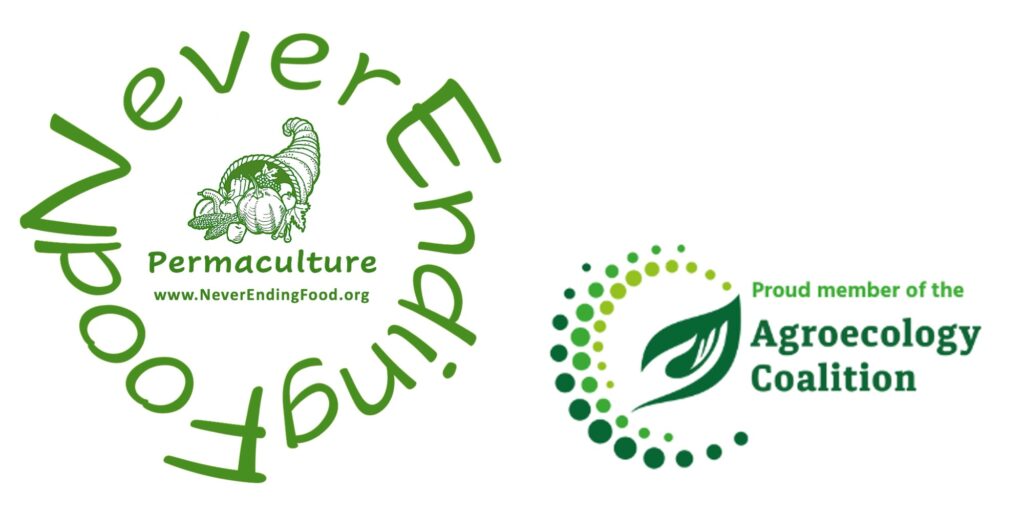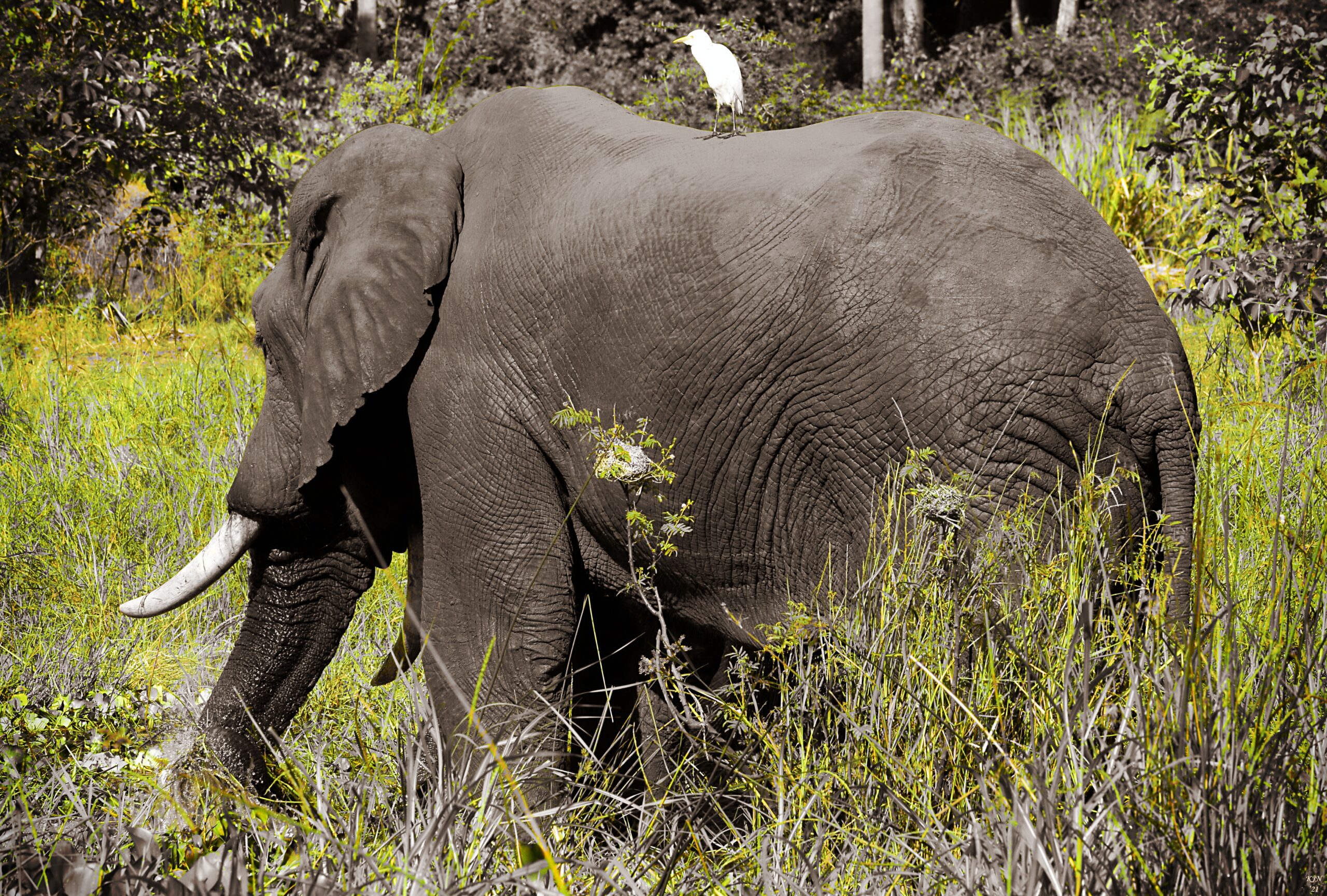
Wildlife plays an enormous role in Permaculture. Where ecosystems are healthy, we find diversity. When diversity is threatened, so are the systems which provide for all of our human needs. This includes things like food, fuel, fiber, medicines, oils, clean air & water, building materials, fodder, natural pest and disease control, and a template for us to replicate in the design of sustainable systems of living.
Wildlife plays an enormous role in protecting and maintaining genetic diversity within ecosystems. According to a study in South Africa, it was found that elephants can disperse seeds of diverse plants and trees for up to 65 kilometers, which is 30 times farther than the dispersal rate of savanna birds.
Permaculture ‘guilds‘ are based upon the observation of nature. Despite the competition of predators within ecosystems, we also find that this is a form of cooperation. Many species work together in what is known as a ‘symbiotic relationship‘, meaning that they work together for mutual benefit. A good example of this is the Redbilled Oxpecker, which eats ticks and parasites off of animals such as hippos, zebras, antelopes, water-buffalo, and others. This provides food for the oxpeckers and helps to keep the hippos healthy.
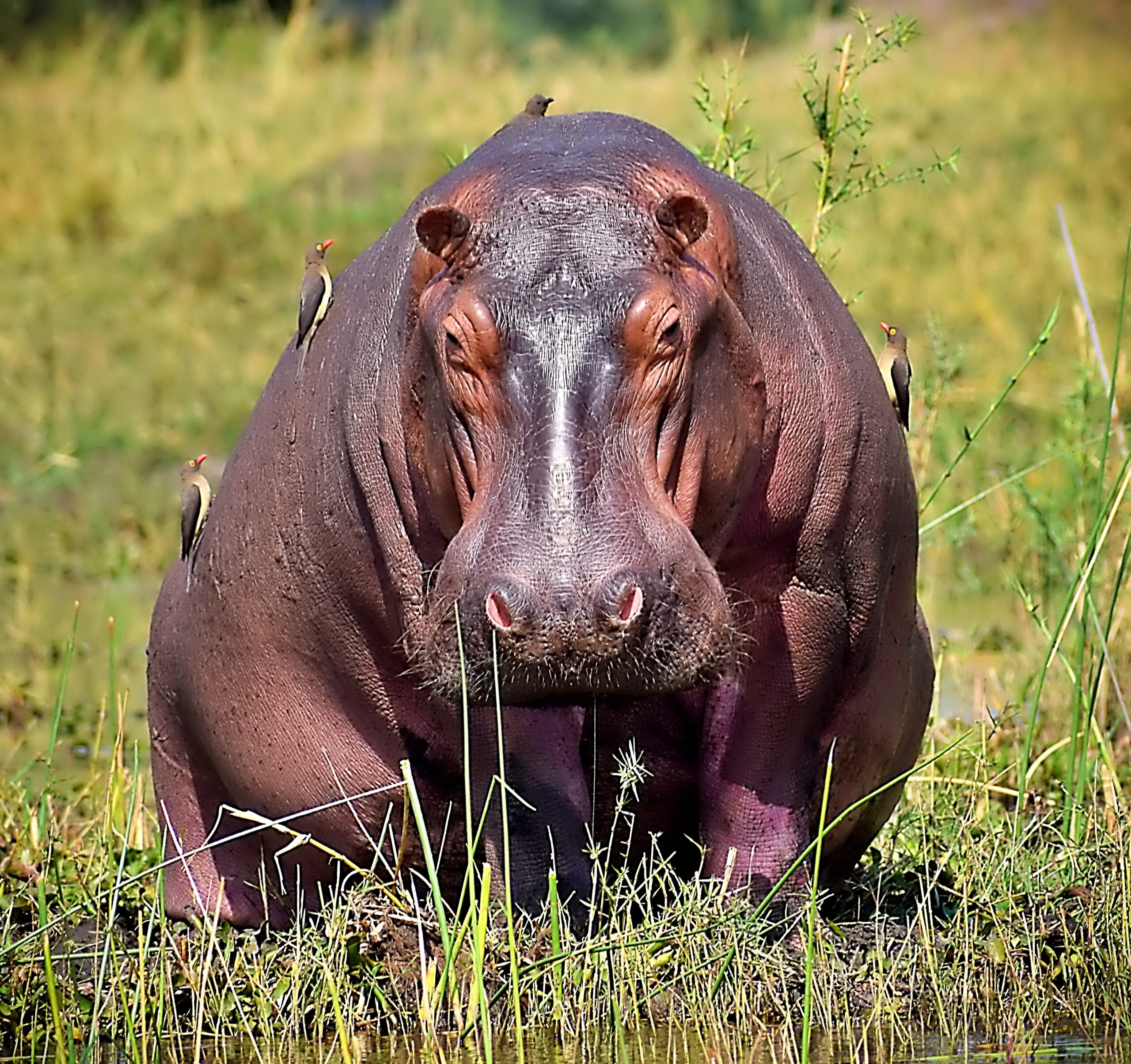
Malawi is blessed with incredible wildlife, which people come from all over the world to see. Next to tobacco and tea, tourism is Malawi’s third largest earner of foreign exchange. Unfortunately, just like many other parts of the world, these ecosystems are under threat.
According to new research, wildlife and natural ecosystems are now being destroyed by humans at a rate which could lead to a total ecosystem collapse if we don’t change our ways.
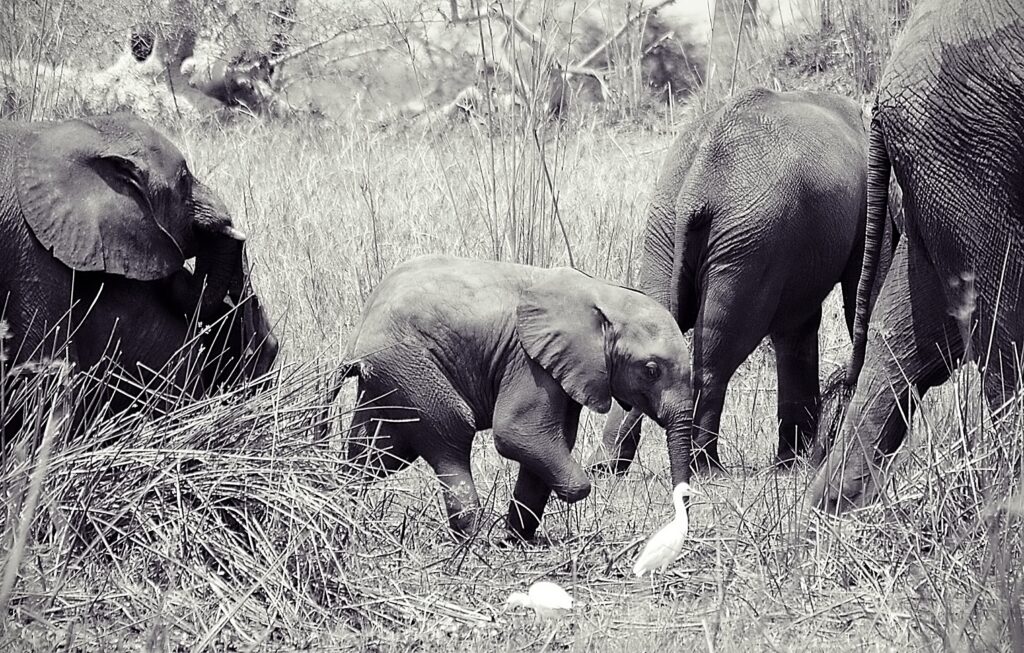
Many countries have systems and policies in place to protect wildlife and ecosystems, but are lacking in enforcement, civic education, and political will. For example, Malawi adheres to internationally accepted principles of the 1972 Stockholm Declaration and the 1992 Rio Declaration as adopted by the United Nations Conference on Environment and Development (UNCED). In an effort to be part of the world and in addition to having signed and ratified the Convention on Biological Diversity, Malawi is also a signatory to the following environmental conventions:
– Convention on International Plant Protection;
– Convention on wetlands of significant importance (RAMSAR);
– Convention concerning the protection of the world cultural and Natural Heritage;
– Convention on Conservation of Migratory species of Wild Animals;
– Convention on International Trade in Endangered species of Wild Fauna;
– African convention on conservation of Nature and natural Resources;
– FAO International undertaking on Plant Genetic Resources;
– United Nations Convention on the Law of the sea;
– Montreal Protocol for the Protection of the Ozone Layer;
– United Nations Framework Convention on Climate Change(UNFCCC);
– The Convention of Desertification and Drought (CCD).
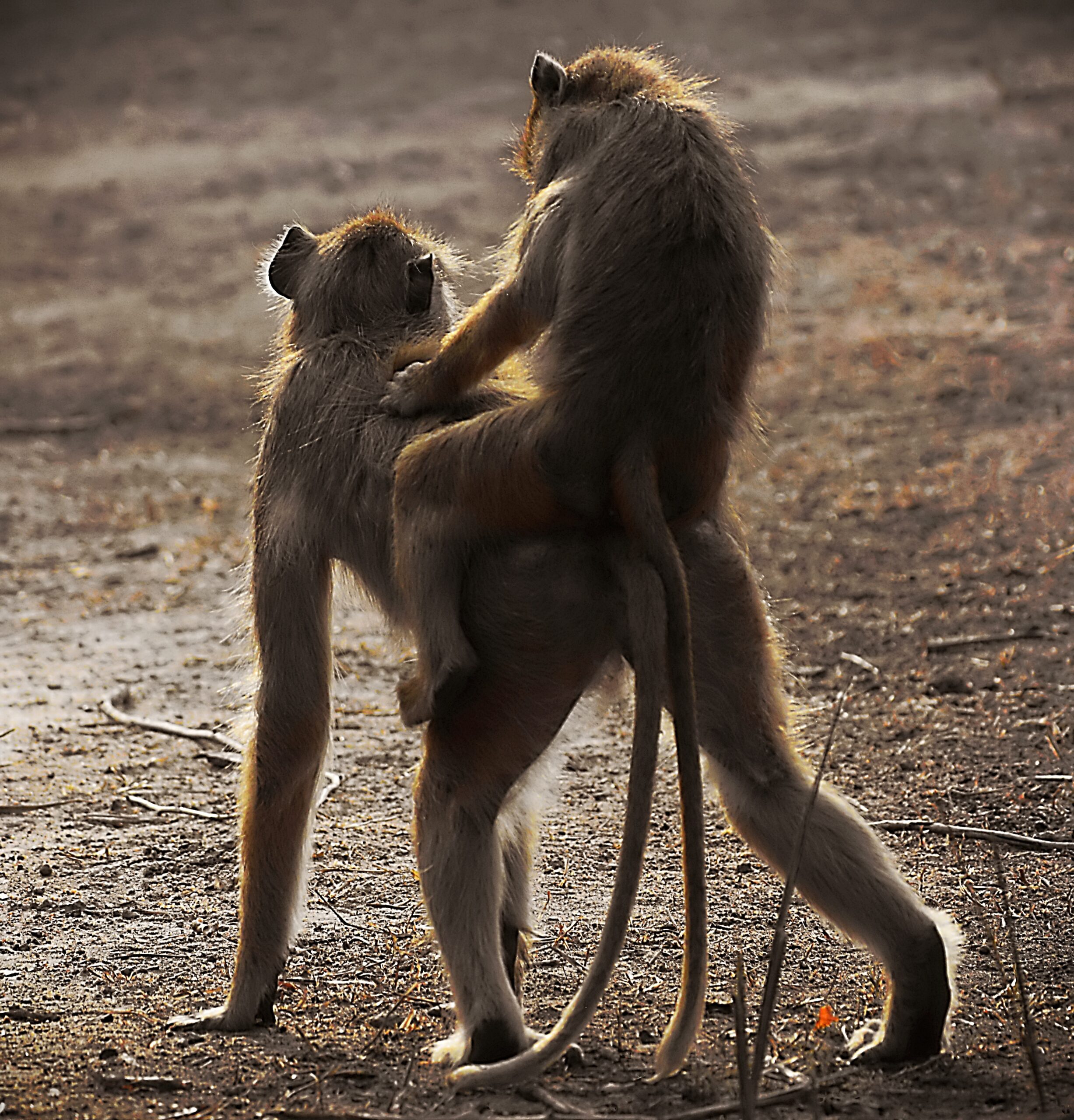
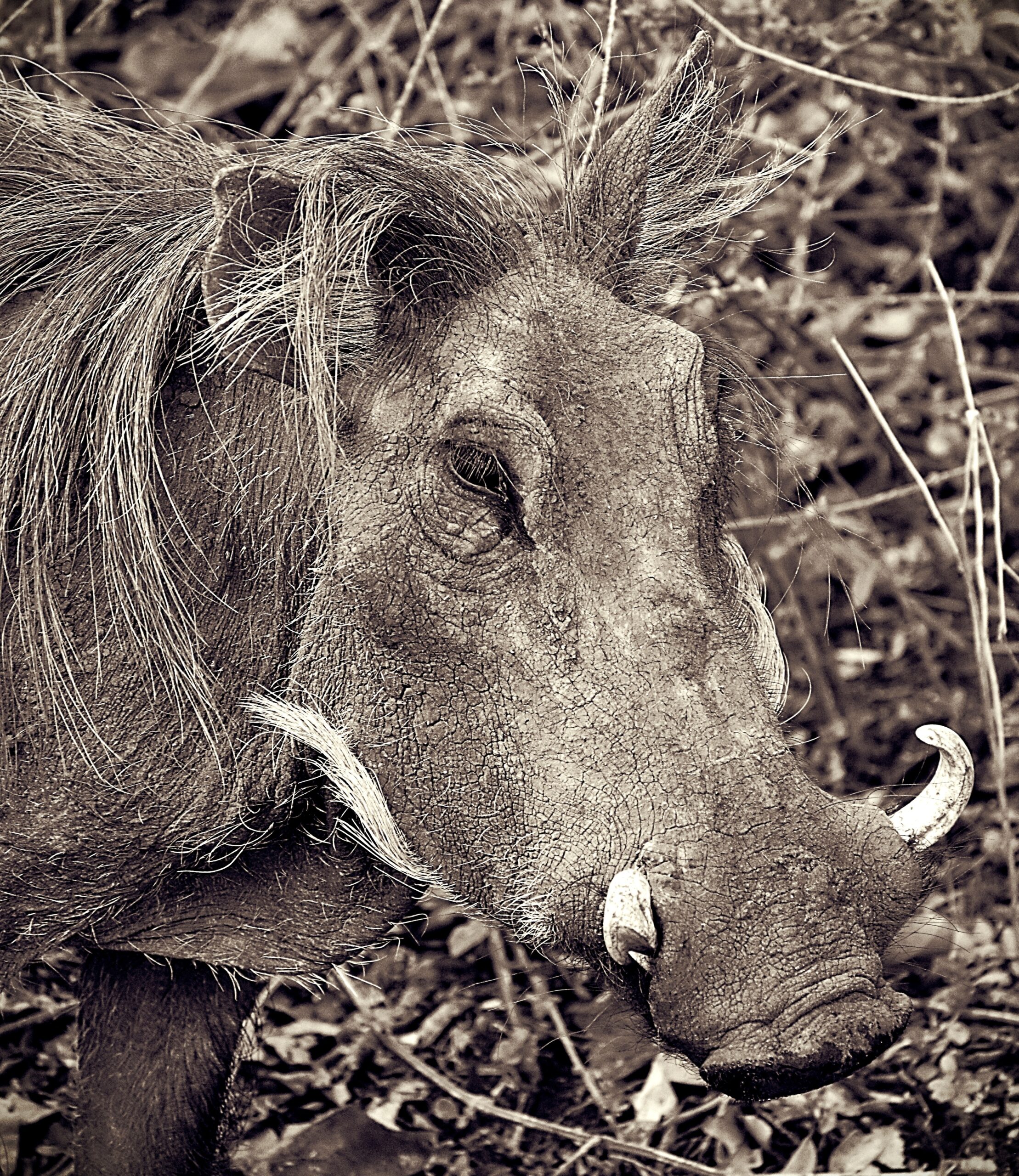
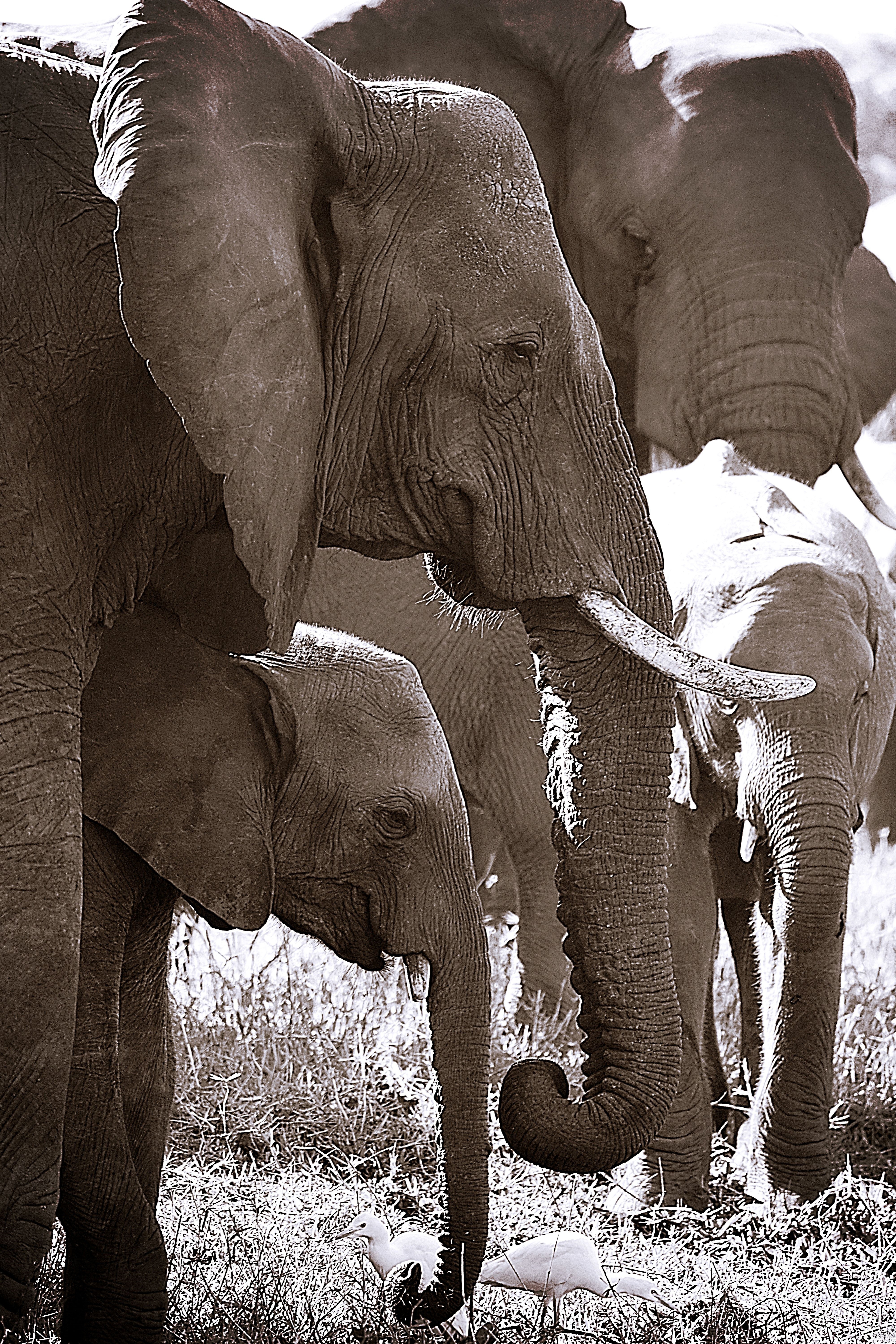
Despite these policies, Malawi maintains one of the highest annual rates of deforestation in Africa. We need to do better. When designing for sustainable systems of living, all of the Permaculture ‘zones‘ need to take wildlife into account. This can mean small plots in an urban areas with rooftop beekeeping, integrated pest management, or the integration of diverse habitat (e.g. indigenous species, insect boxes, bird baths, etc.); or large-scale land management, which integrates forestry, wetlands, ecotourism, or even sustainable hunting.
Whatever the situation, Permaculture offers solutions for the creation of resilient ecosystems in which people and wildlife can live in harmony with one another. As the Swiss psychologist, Carl Jung, once wrote: “The facts of nature cannot in the long run be violated. Penetrating and seeping through everything like water, they will undermine any system that fails to take account of them, and sooner or later they will bring about its downfall.”

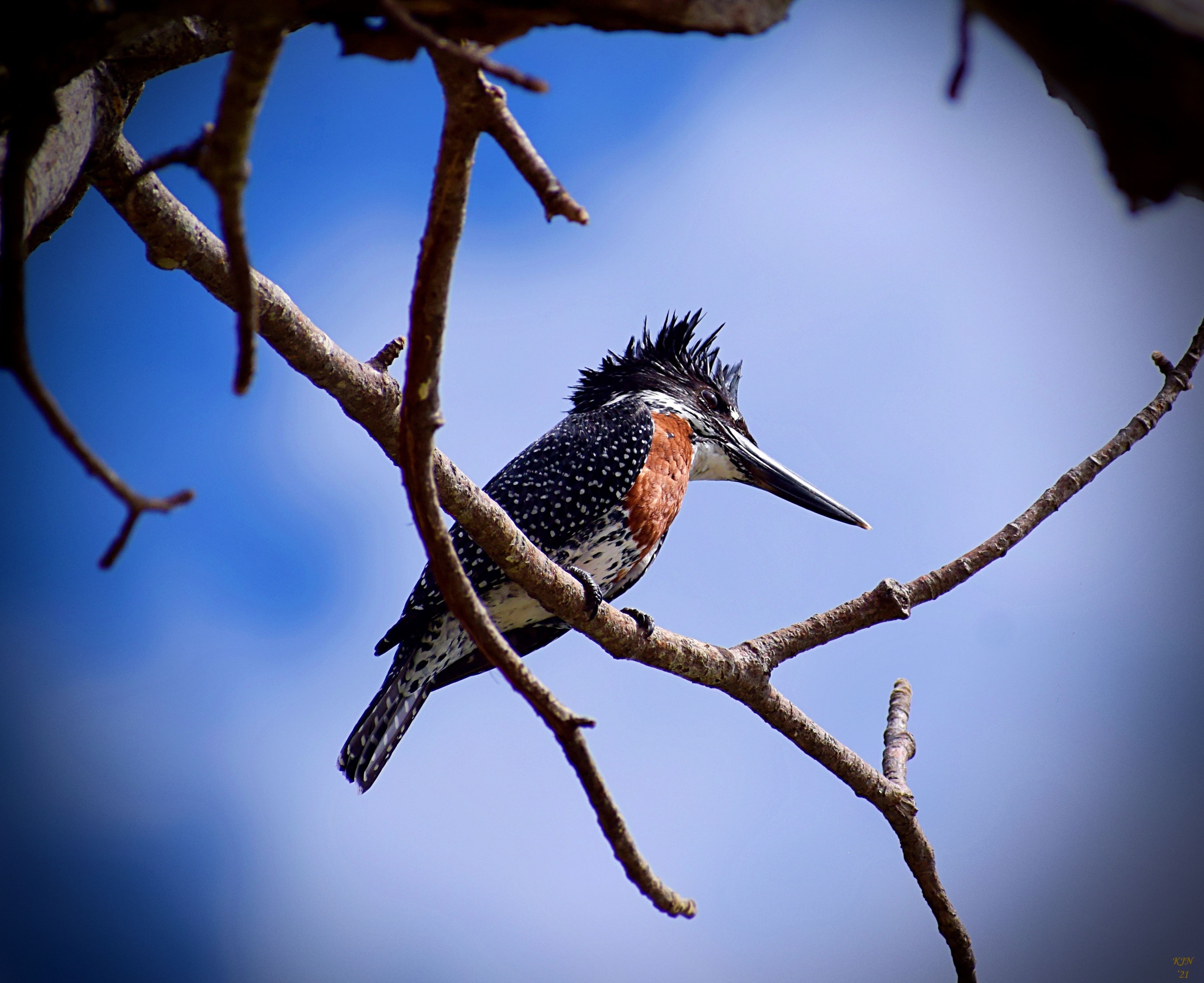
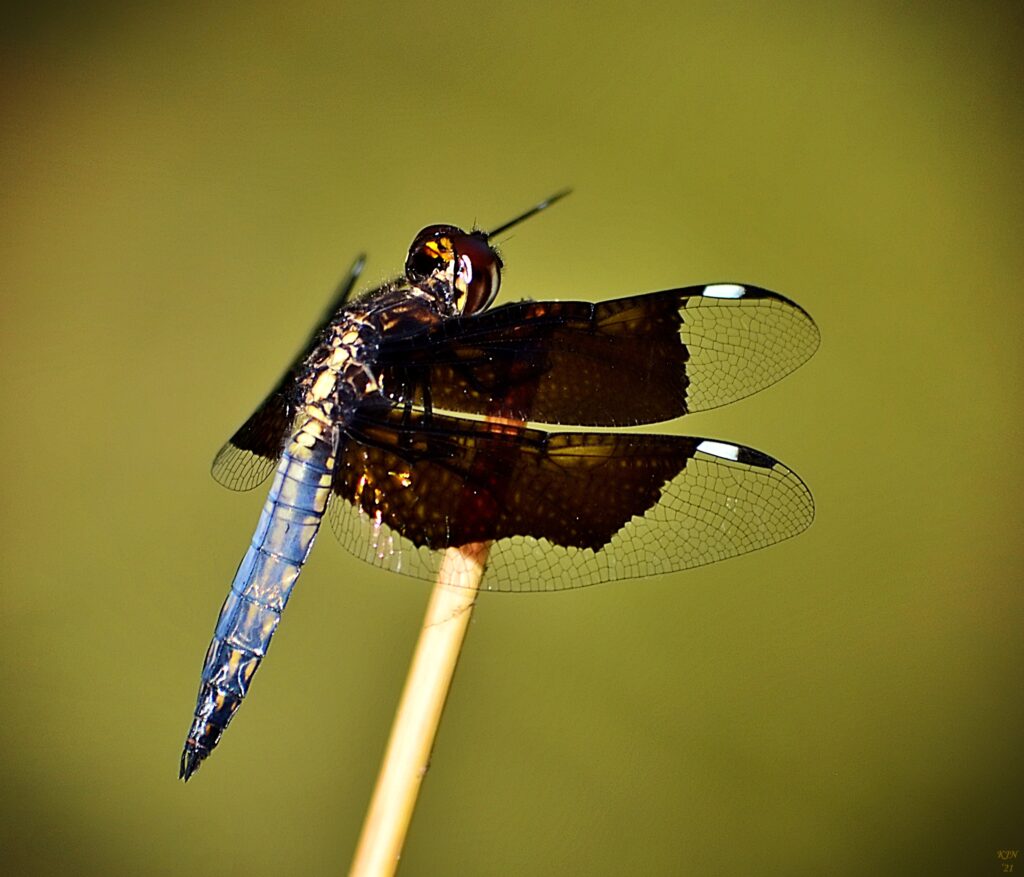
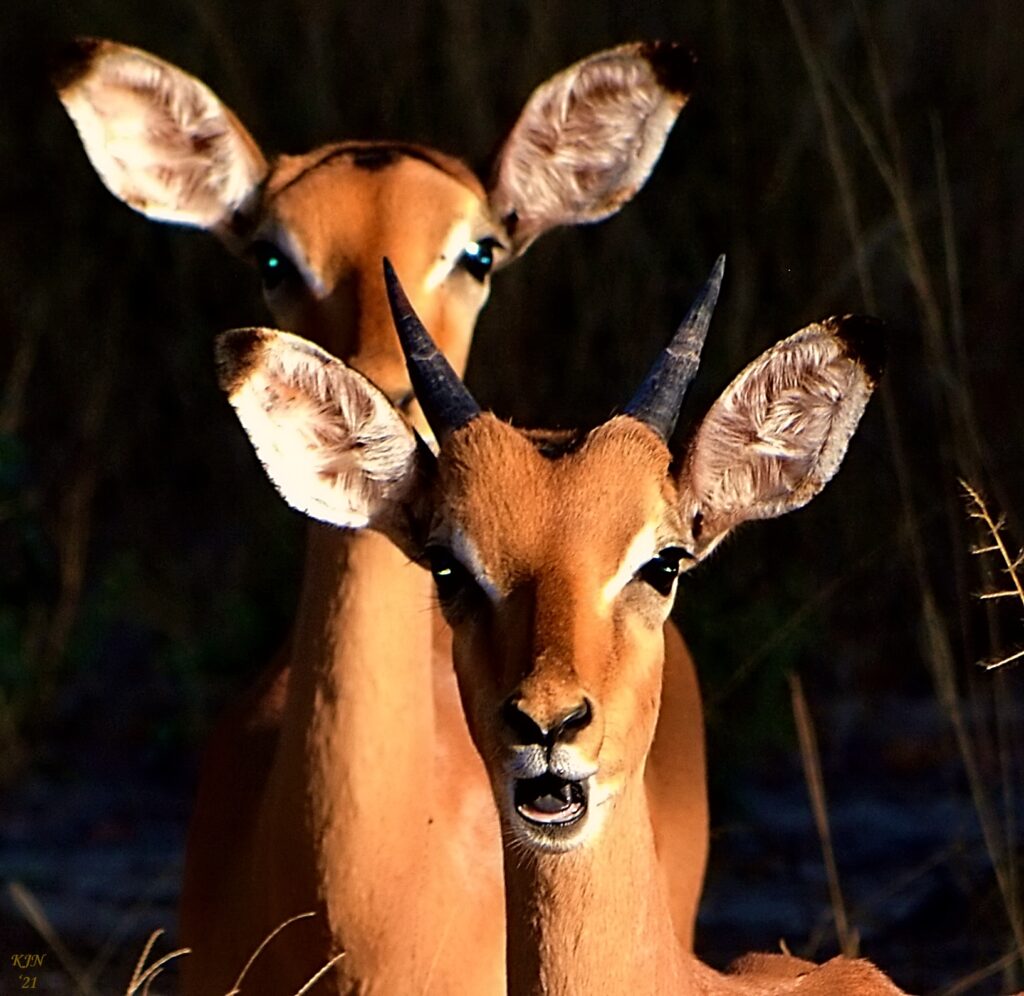
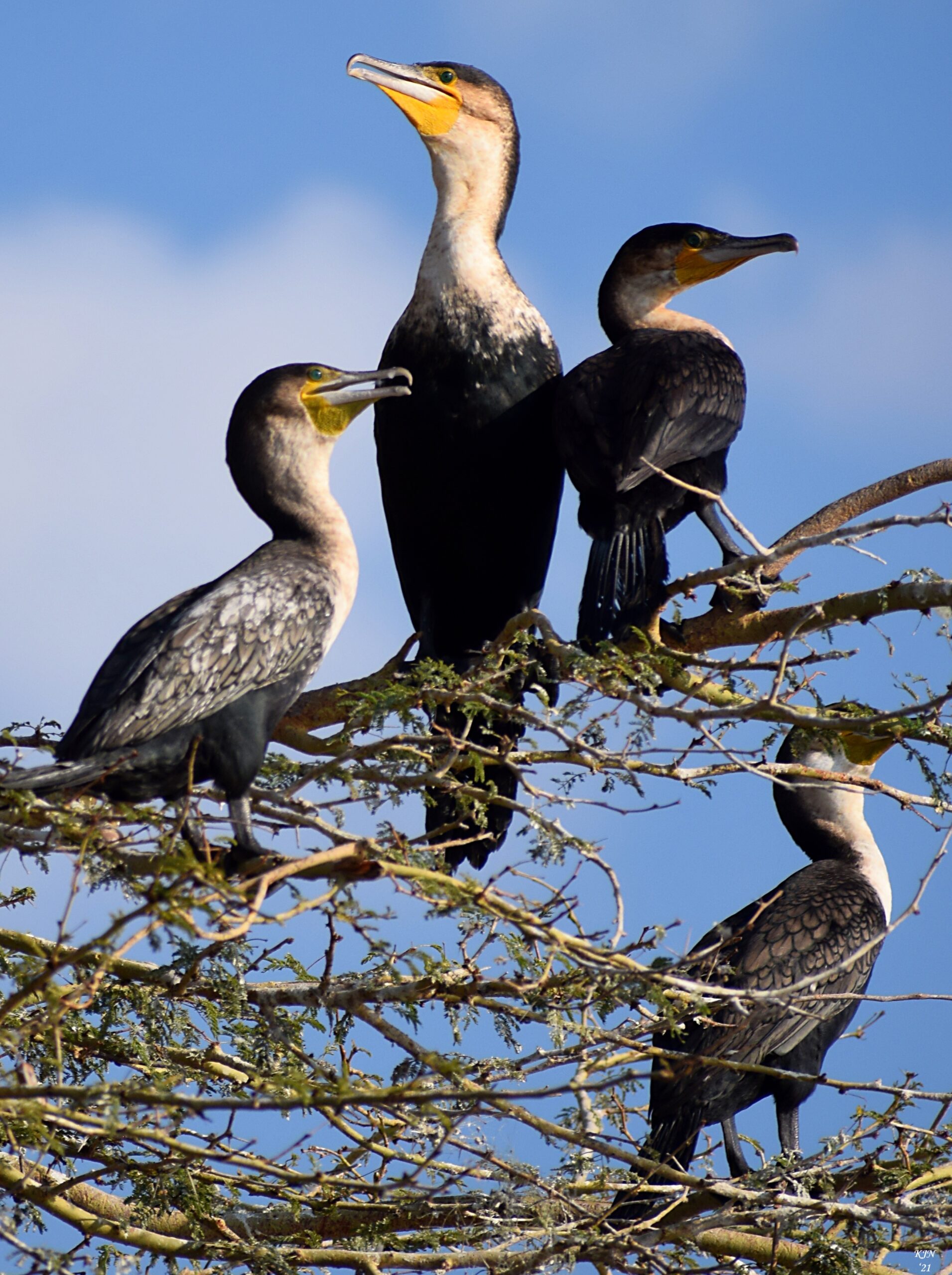
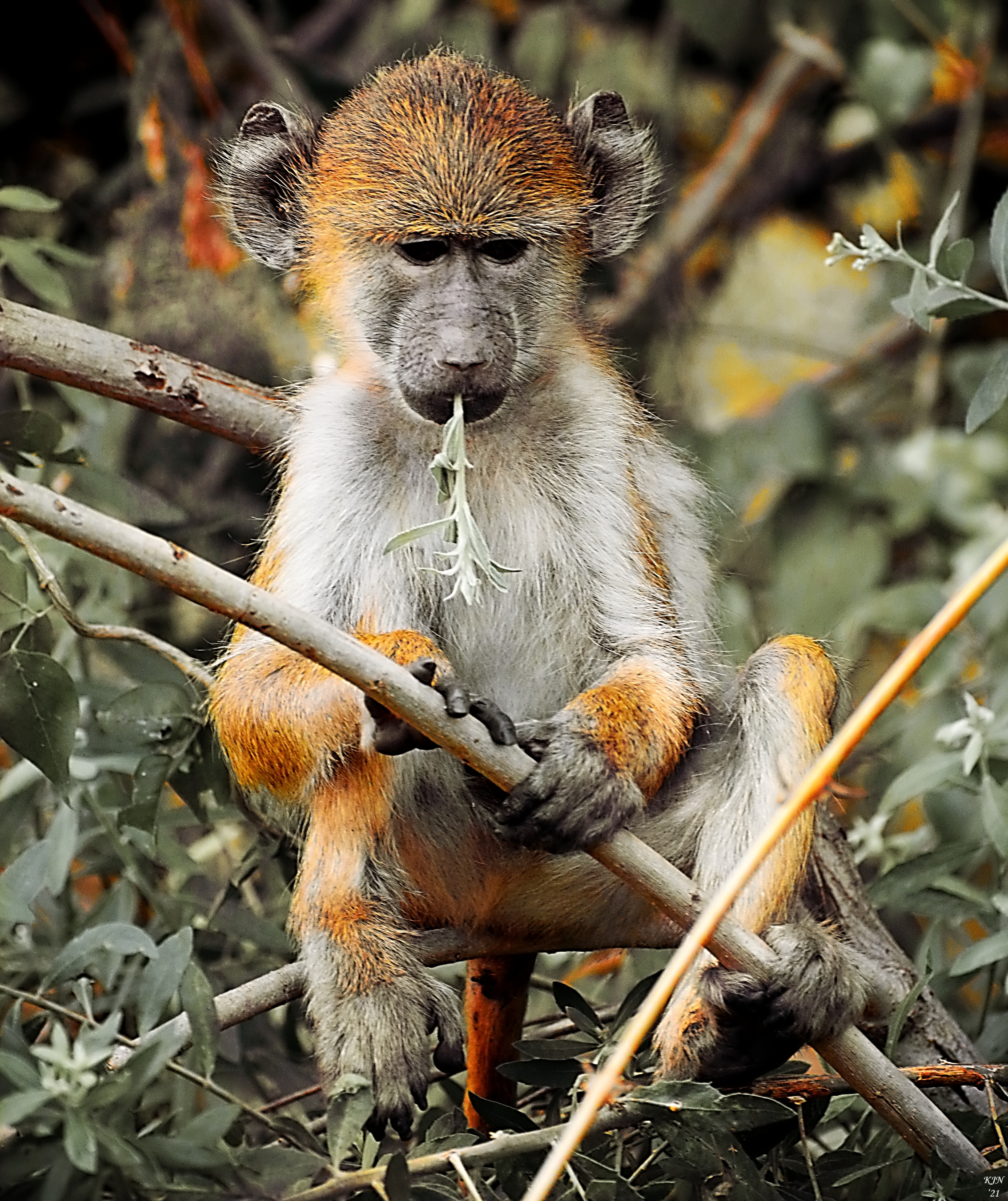
All donations go directly towards helping to spread Permaculture solutions throughout Malawi. Every little bit helps, and even a little can go a long way!
